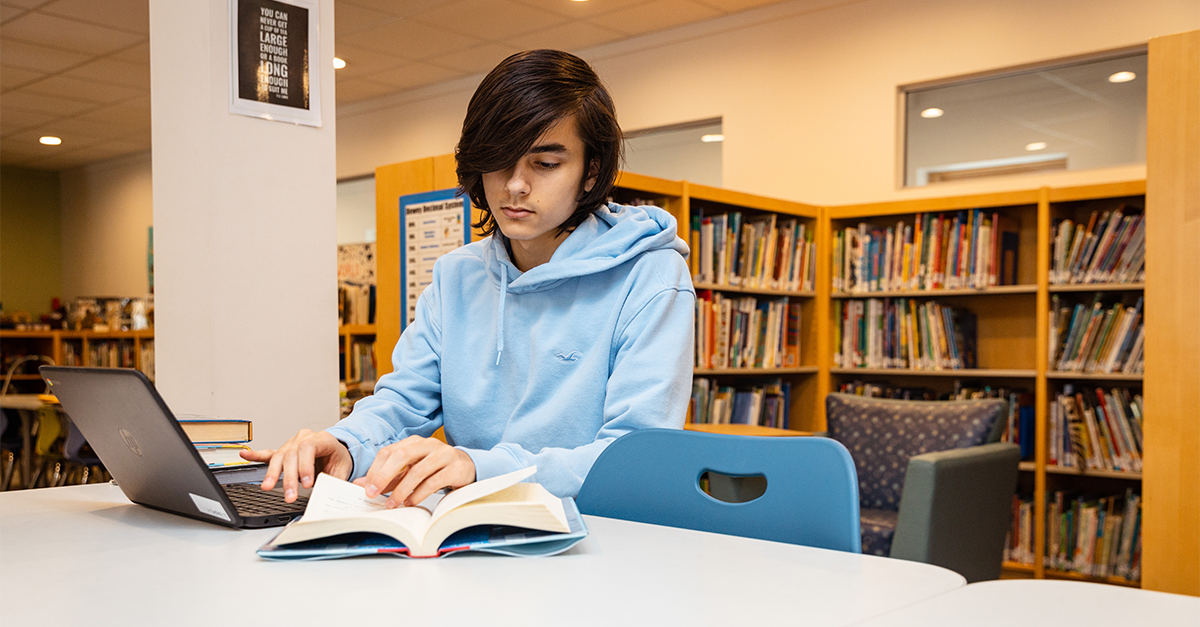Have you ever found yourself changing plans at the last minute, or juggling numerous tasks at once? Have you ever been forced to do something new or in an unfamiliar way, or to move onto a new task before you are ready? It can be stressful to say the least, yet some children are able to manage these situations with ease. They think of options or find ways to help manage the curve balls that life throws at them. They can shift their thinking process to become more adaptable to the situation at hand. This is an example of cognitive flexibility, also called mental flexibility or flexible thinking.
Cognitive flexibility is the ability to transition from one topic or concept to another. Flexible thinking provides the foundation for creative brain processes. It allows one to consider different perspectives and consider options to arrive at the best solution. Flexible thinking, adapting to change, and the ability to manage our emotions when we don’t get our way are valuable skills.
During elementary and middle school years, educators and parents often see evidence of children who struggle with flexible thinking. In the classroom, we use a variety of methods to help children develop a more flexible mindset. When a student seems overwhelmed, we encourage them to take a few deep breaths. We then ask them an open-ended question that allows them to look at the problem from multiple different angles. Another example is to have our students work in a group to solve a problem. Each different perspective shows our students another way to look at something and can help increase cognitive flexibility.
We also encourage our students to actively pursue new experiences, such as joining a club or exploring new hobbies. By diving into the unknown, students use adaptable thinking to make sense of a new situation.
At home, parents may try different strategies as well to help their children reduce cognitive rigidity and develop a more flexible mindset. Playing games with choices, such as checkers or chess, is a simple way to practice flexible thinking. There are also many strategy games that kids can download and play. Be prepared to reassure your child if they lose and start to meltdown. Remind them they can try again and discuss what they could do differently the next time they play.
Families should create a calendar for their child, and include scheduled school events, as well as afterschool activities and at home plans.It’s helpful for children to know in advance what to expect during their day. For children who have difficulty managing the unexpected, it is extremely helpful to discuss what if scenarios. What if it rains and outside recess is cancelled? Help your child plan some optional activities for inside recess. What if your child is afraid of an anticipated fire drill? Parents should discuss the importance of fire drills.Ask your child why they are frightened and help them plan appropriately.
Like any new skill, developing cognitive flexibility takes patience and practice. Some children and teens can find it challenging to consider new ideas and perspectives but with the support of their parents and teachers they can learn to successfully manage the curveballs that come their way.







